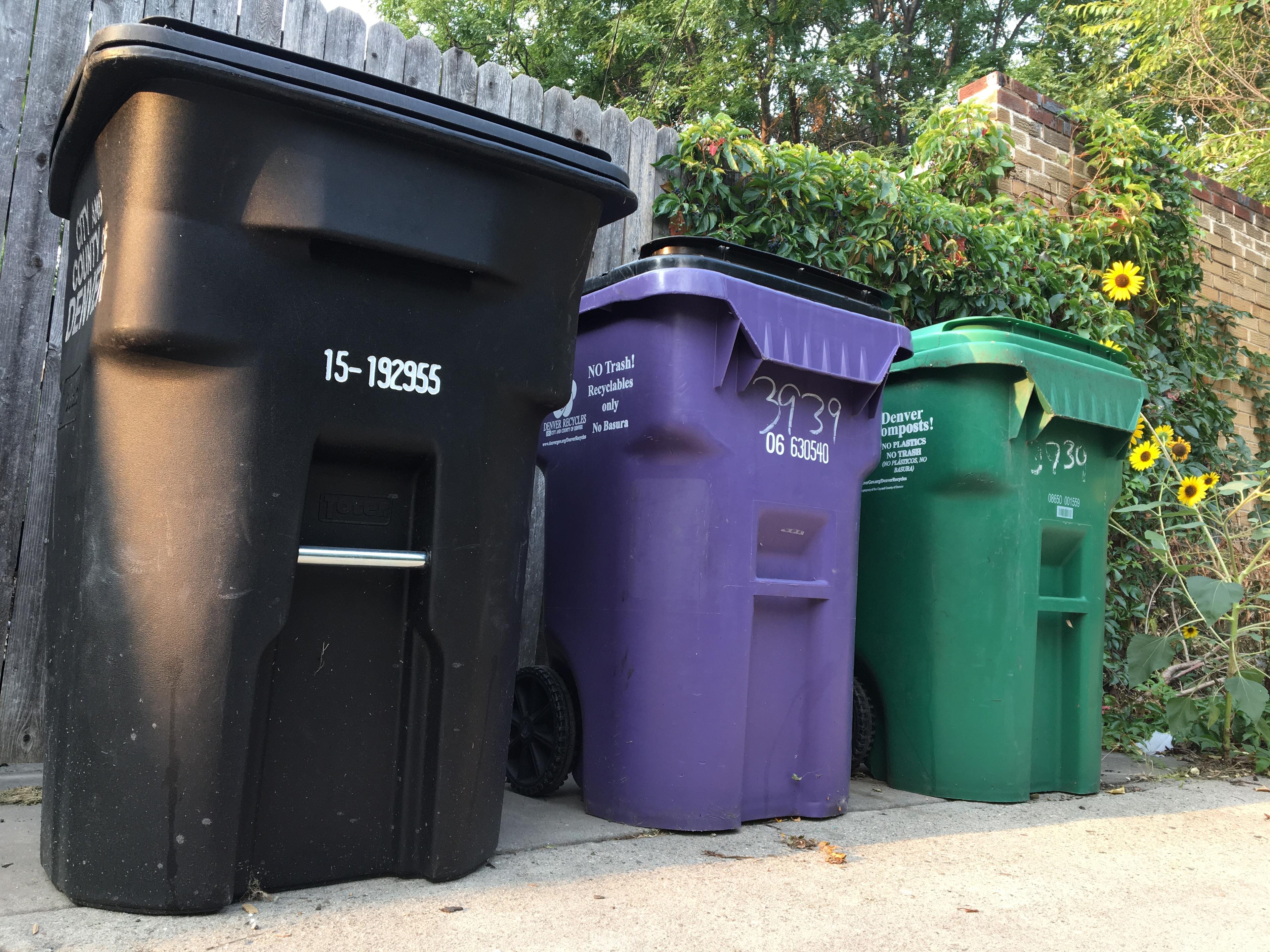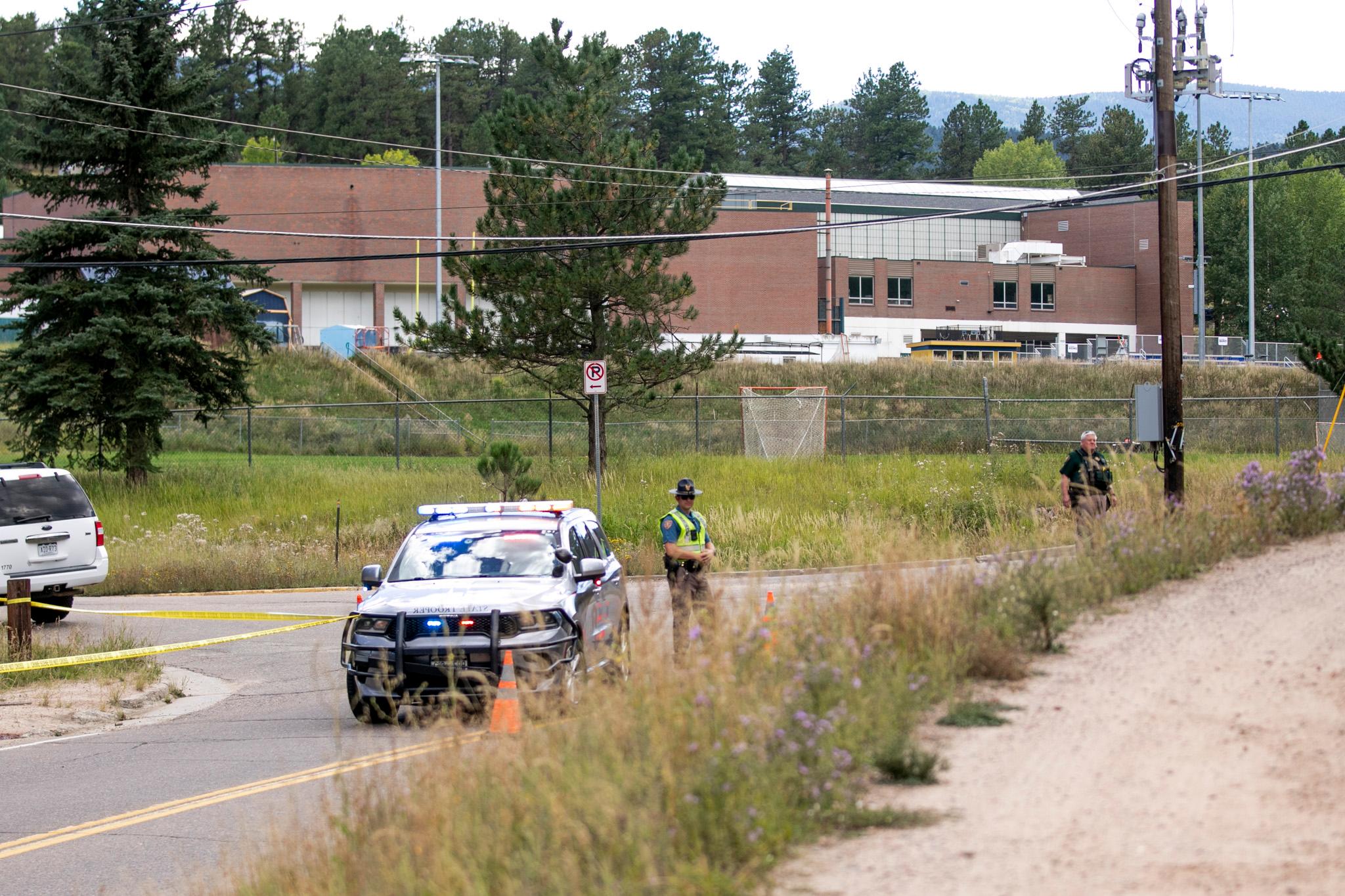

Something to think about the next time you look for a place to dump that can or bottle: Colorado is doing much worse at recycling that most other states. Currently, 19 percent of what we throw away is diverted away from landfills, well below the national average of 35 percent.
The state is trying to tackle that problem by settings its first ever waste diversion goals. The plan is to bring Colorado's rate up to the national average by 2026, and then push for a more ambitous 45 percent diversion rate a decade later.
"Waste diversion and recycling are a challenge here for a couple of reasons," says environmental protection specialist Wolf Kray with the Colorado Department of Public Health and Environment. "Since we don't have a lot of manufacturing in-state, most of what we generate winds up being exported. So that makes things a little tricky."
It's tricky logistically and economically, because commodity prices have to be high enough to cover the cost of shipping material out of state for recycling.
Kray says another barrier is that tipping fees at Colorado's landfills are a bit below the national average, which puts recycling at a further disadvantage. Those two things together mean that municipalities don't have a big incentive to push recycling programs.
The under-use of recycling does come with a cost through; the state estimates nearly $260-million worth of potentially re-useable material ends up at the dump every year.
Colorado's new diversion goal doesn't include industrial level waste, like coal ash from power plants; it's focused purely on household and commercial waste.
"This isn't just a goal for the state. This is something that applies to everybody, in your daily life whether you're work or at home, whether you're a local government, or a private business, or a university," says Kray. "It's something that applies to all of us."
Kray says the first step is to get individuals and companies to recycle more, and then to encourage composting and yard waste pickup programs, when possible.









